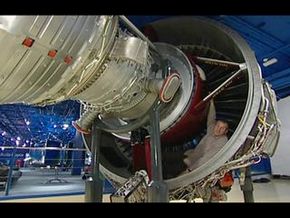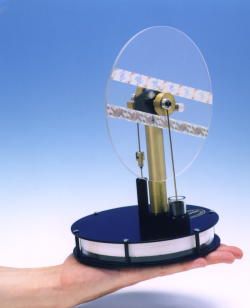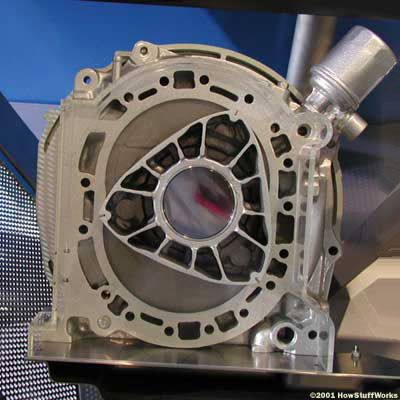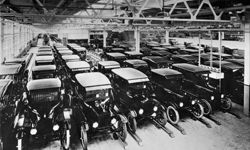Internal combustion means just what it says: that fuel is burned inside the engine. In a car engine, gasoline is burned inside the engine, which ignites the fuel and releases energy that moves the car. There are also other methods of internal combustion, such as diesel engines and gas turbine engines. Internal combustion is an efficient system that requires a relatively small engine to create motion. It is also more fuel efficient than external combustion engines, such as an old-fashioned steam engine.
Gasoline engines used to be as inefficient as steam engines. In 1876 the gasoline engine was invented and it was no more efficient than the steam engine, which used external combustion. A lot of fuel was wasted. In 1878, Rudolph Diesel decided to develop an engine with higher efficiency, and in 1892 the diesel engine was born. It was more efficient as an internal combustion engine, but it took many more years to develop a diesel engine that was cleaner and quieter. Early diesel engines spewed out sooty smoke and at first were only used in trucks. Today, new advancements in this method of internal combustion have improved the diesel engine. The difference between gas and diesel engines is the way fuel is converted to energy.
Advertisement
Turbines are another method used to create power with a spinning motion. There are wind turbines, steam turbines, water turbines and also gas turbines. Gas turbines work on the principle of internal combustion. In a modern gas turbine engine, the engine produces its own pressurized gas by burning fuel. The engine can burn propane, natural gas, kerosene, or jet fuel. The burning fuel creates heat, the heat in turn expands the air, and a high- speed blast of hot air spins the turbine.



